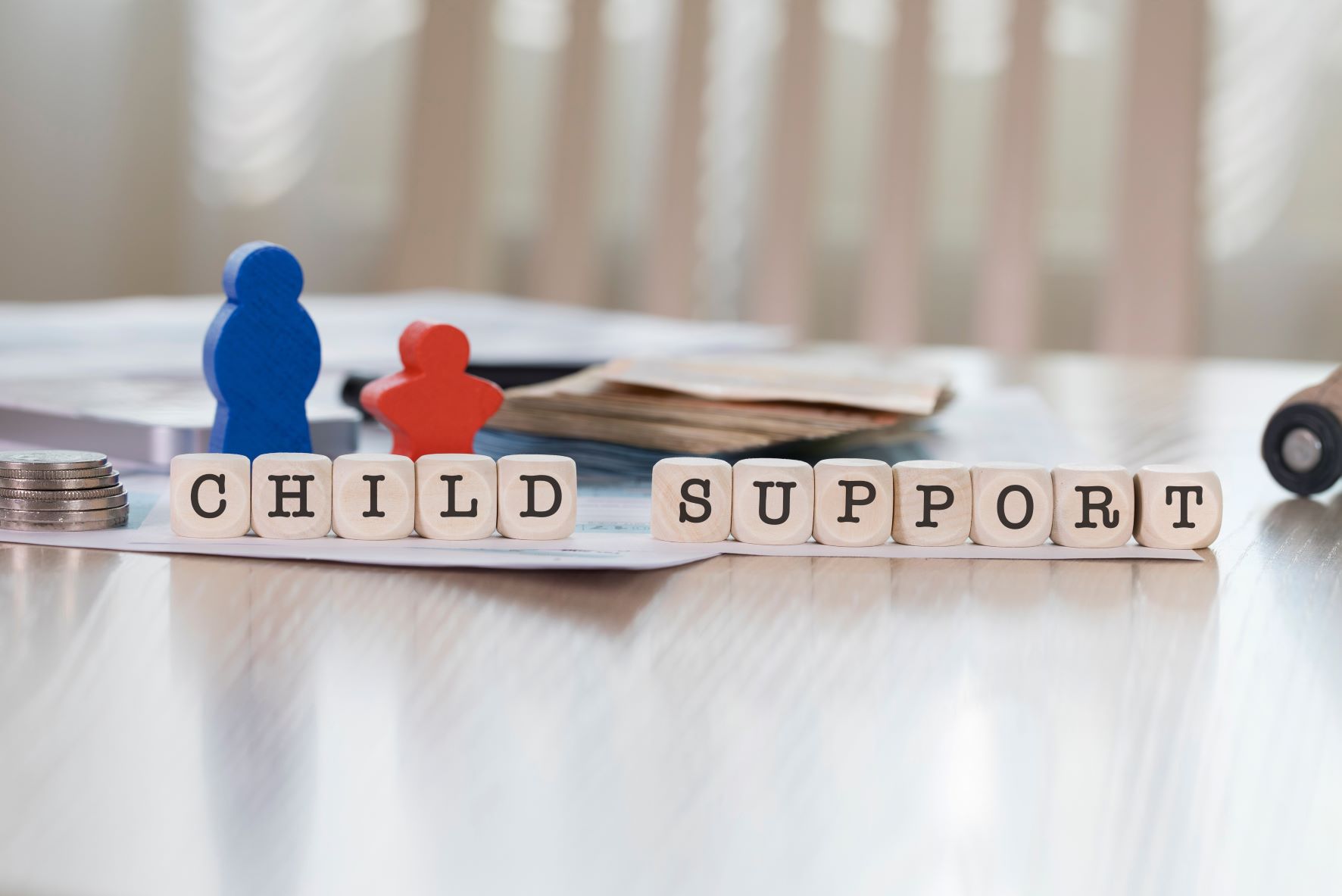
5 Common Myths About Child Support
Child support is one of the many things that can complicate a divorce or separation. That is why many people end up hiring a defense attorney in Philadelphia for their case. There are several myths about child support that need to be debunked.
Myth: The Needs of the Children Determine How Much One Will Pay for Child Support
Fact: A child’s needs actually have little do with what the non-custodial parent will pay. The parent’s ability to pay and income are two of the main factors that will determine how much they will pay. The parent can also request a modification if they feel like they are paying too much for child support.
Myth: Child Support Payments Have to Go Towards the Child’s Needs
Fact: Ideally, this would be the case, but it doesn’t always happen. There is nothing that stipulates child support has to go towards the child. They also do not have to prove they used the child support check for the child.
Many people are frustrated because their ex-spouse or partner uses the money to live lavishly. However, they cannot get in trouble for this as long as their child’s basic needs are taken care of.
Myth: You Don’t Have to Pay Child Support if You Move Out of Town
Fact: Many people try to skip town to avoid child support, but local criminal lawyers do not recommend you do this. Every state has its own agency that will enforce child support. All of these agencies work together. That is why you will not be able to avoid paying child support.
Myth: If I Lose My Job, Then I Won’t Have to Pay Child Support
Fact: Your child support obligation does not go away just because you lose your job. You can request a modification and tell them you have lost your job. You may be able to get your payments lowered. Your living expenses will be taken into consideration.
Myth: If I Have a Child With Someone Else, Then My Payments Will Be Lowered
Fact: Having another child will not necessarily reduce how much you have to pay for child support. However, you can let the court know you have another child. You can also show them your ability to pay child support has been impacted by the birth of another child. You may be able to get your child support modified, but this is not a guarantee.
Read More
What to Expect in Your First Year of Law School
Starting the journey to become a criminal justice lawyer can be exciting. You may find your first year in law school is difficult. The good news is there are ways you can make it easier if you know what to expect.
You Will Have to Take Foundational Classes
The specific classes you take as an upperclassman will depend on the area of law you want to go in. However, there are foundational classes every law student has to take during the first year. Civil procedure, contracts, tort, property law and constitutional law are some of the specific things you can expect to learn.
You Will Have a Busy Schedule
PA criminal defense lawyers will tell you the first year of law school was extremely business. They did not have much time to do anything else. There are many law schools that won’t give you much control over your schedule. There is also a lot of reading you will have to do outside of the classroom.
You Need to Get Involved in Activities Outside of the Classroom
It is important for you to be a well-rounded law student. That is why it is important for you to get involved in activities outside of the classroom. There may not be a lot of extracurricular activities for you to choose from. However, it is important for you to join as many as you can.
You Will Need Study Aids
Your books are not the only things you will need in order to learn. You will need study aids, such as case studies and outlines. You will likely get more out of your study aids than you would if you were to just use your books.
You Should Go to Your Professor During Their Office Hours
Professors love to engage with their students. That is why you should go visit them during office hours. You will get to know your professor. You can also go over things you may not have understood during class. Furthermore, if you have a good relationship with your professor, then it will be easier for you to get a letter of recommendation.
You Need to Study in Groups
You may be used to studying by yourself. However, many people find it is more beneficial to study in groups. It is important for you to select people who are doing well in the classroom.
Read More
What Qualifies as Child Endangerment?
Watching children can be a hassle. They like to explore and get their hands on everything. Sometimes their adorable precocious nature gets them in trouble, other times they end up seriously injured. When that happens, you can be held accountable for child endangerment.
Pennsylvania Statutes
Endangering the Welfare of a Child, often called ‘EWOC’ for short, is the name for the criminal offense. The specific statutory language explains this in two ways. Under § 4304(a)(1) it means ‘A parent, guardian or other person supervising the welfare of a child under 18 years of age, or a person that employs or supervises such a person, commits an offense if he knowingly endangers the welfare of the child by violating a duty of care, protection or support’.
The second, falling under § 4304(a)(2) reads as ‘A person commits an offense if the person, in an official capacity, prevents or interferes with the making of a report of suspected child abuse under 23 Pa.C.S. Ch. 63 (relating to child protective services)’.
It goes on to state that “person supervising the welfare of a child” is defined as being ‘a person other than a parent or guardian that provides care, education, training or control of a child’. This means teachers, babysitters, or daycare providers can be charged with EWOC. Charges can be brought against parents for punishing their children, should the punishment result in physical or psychological harm; these charges are sometimes simply referred to as ‘child abuse’.
Determining Child Endangerment
Because the statute is so broad and vague your intentions don’t matter. Which is to say, ‘I didn’t mean to expose the child to the thing that hurt them’ isn’t a sufficient defense. Many believe that child endangerment is only deliberate acts of child endangerment. But it can also include things like failing to secure a car seat or leaving the child unsupervised in an area deemed unsafe (like a bathtub). EWOC can be thought of as either causing harm or failing to prevent harm.
Classification
In most cases, EWOC is treated as a first-degree misdemeanor. In the summer of 2017, Governor Tom Wolf passed a law stating that it will be considered a third-degree felony if the defendant’s actions create a significant risk of death or serious bodily harm. If there’s a pattern of conduct found then it is to be considered a second-degree felony. Additionally, the grading is increased one level for children under six. This law also advises judges to consider ordering counseling for anyone convicted of the charges.
The Best in the Business
Are you facing charges of child endangerment? If so, contact Brennan Law Offices today. We practice criminal law exclusively, which is one of the many reasons we’re the best criminal lawyers Philadelphia has to offer. As domestic violence lawyers, we won’t rest until you receive the justice you deserve.
Read More